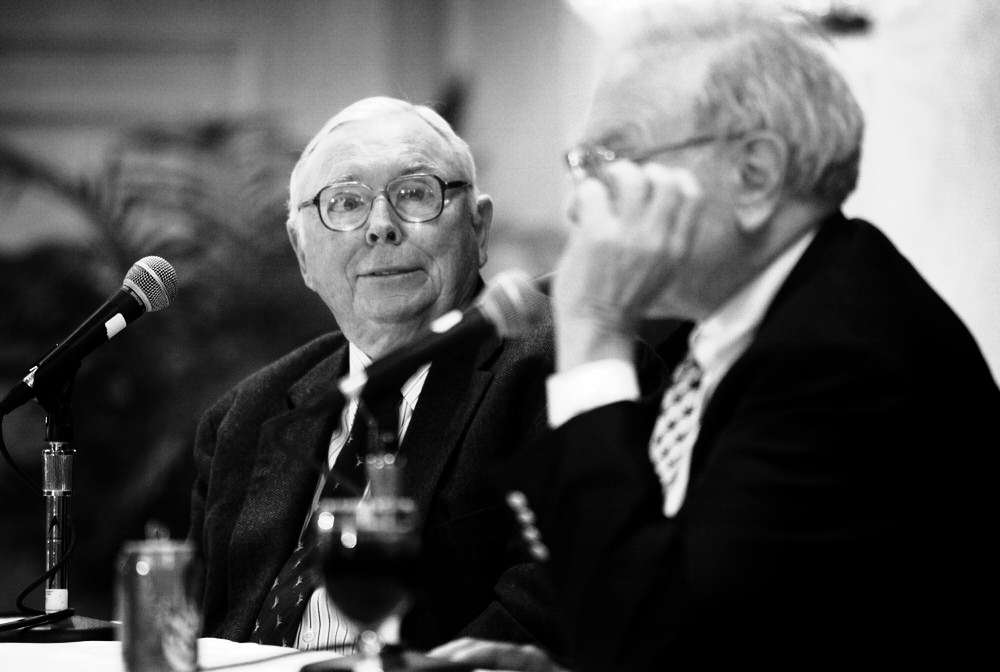by Anne Ackerley, Blackrock

Women want more teach, less tell when it comes to retirement planning. Anne explains.
Understanding how women think about investing is critical for the future of retirement. Women are on their way to holding the majority of wealth1, they stand to inherit 70% of the $1T intergenerational wealth transfer2, they’re the breadwinner (or co-breadwinner) in 60% of households3, they’re starting businesses at twice the rate of men4–the list goes on. [backc url='http://www.dynamic.ca/leadership/eng/active.html?fund=dreii2f&utm_source=aa&utm_medium=banner&utm_campaign=alts_2019&utm_content=dreii2f']
In many ways, the future of investing is female. So why, then, did the latest BlackRock Defined Contribution Pulse Survey also find that just 50% of women5 feel on track for retirement?
We wanted to find out–and the answer, it turns out, isn’t what you might expect.
Not so different
Survey findings that focus on gender differences often paint women as the underdog. Over the years, I’ve read lots of headlines that women save less than men, or that they’re afraid to take risk. But here’s the thing–most American workers have access to a 401(k) plan today, and these plans have evolved to automate things like contribution rates and default investment options for all employees. The effect has been that women and men, by and large, are saving at comparable rates and are invested at similar risk levels over the course of their careers.
In other words, we’re all in the same boat.
So, I think it’s time we let go of the old narrative. It’s not about women being behind the curve–and it’s certainly not about pitting women against men.
Spare me the jargon
When DC Pulse dug into some of the reasons why half of women don’t feel on track for retirement, many mentioned that they feel alienated by the financial industry. They told us they don’t relate to their employers’ communications; in fact, only 46% of women agreed that those materials help them decide how to manage their retirement savings.5
And that’s largely on us. There’s more we need to do as an industry, working in partnership with employers, to ensure the educational tools and resources we develop resonate with how people actually want to consume information.
Women are telling us that they want to be spoken to in more accessible ways. They want less jargon, to be taught not told, and a more practical focus.
We just need to connect the dots. Those of us in the investment industry need to speak more about life choices and practical outcomes. We need to draw the connection between planning today and the retirement income and lifestyle investors want for tomorrow.
And as individuals, if we are not getting the pragmatic communications we want, we need to ask for the tools and insights to help us relate our choices to our lives.
I think we’ll find that everyone will appreciate a new level of clarity.
Anne Ackerley is the Head of BlackRock’s U.S. & Canada Defined Contribution (USDC) Group and a regular contributor to The Blog.
Sources:
1 Boston Consulting Group
2 Boston College Center on Wealth and Philanthropy
3 Center for American Progress
4 U.S. Small Business Administration
5 BlackRock 2019 DC Pulse Survey













